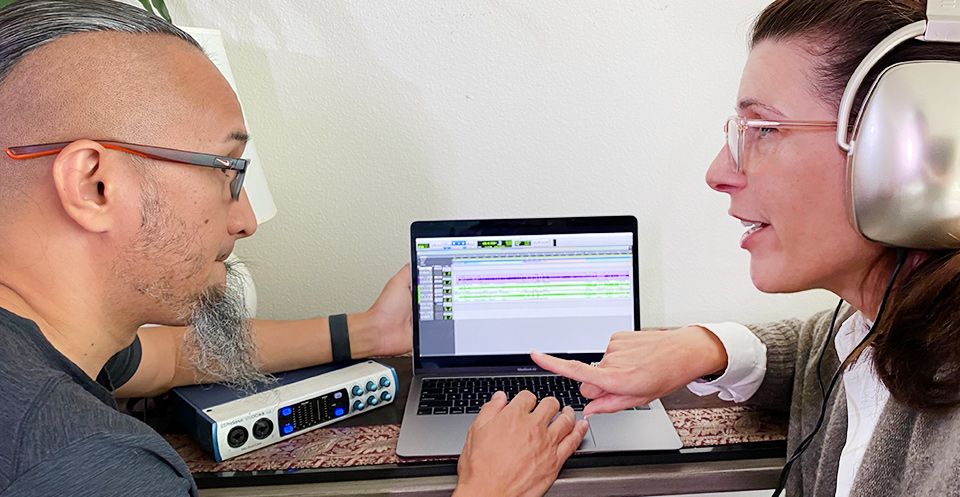Socialization For Hearing-Impaired Children

From Elizabeth:
I am honored to have another article placed in SF YOGA magazine, which allows me to advocate for and support the deaf and hearing impaired community. SF YOGA will be publishing one article of mine each week for the next 3 weeks! Please read this first article about the effects hearing loss can have on children as they navigate socialization and schooling. Ask your local schools if they have a program for mental health screening and if it includes the hearing impaired in particular. If they don't, you can make a difference and ask them to get a program started.
The World Health Organization has estimated that 360 million persons worldwide are hearing impaired with 32 million being children. Three children out of every 1000 are born with hearing loss. Since hearing loss effects children, their parents, and the community, it would be wrong to describe it as just a physical disability.
Hearing loss can have a range of consequences for a child’s development. Hearing-impaired children are more reliant on others than their hearing peers, even as difficulty communicating causes them to feel loneliness and social isolation. Studies show that hearing loss is related to loneliness. Hearing-impaired children may feel stigma from their peers. The stigmatization may be more painful than the condition itself. More than half of children with hearing loss report more social isolation than their hearing peers. Gender also makes a difference; one study showed that hearing-impaired boys found it more difficult to gain social acceptance than hearing-impaired girls. The girls were more likely to say that they felt accepted by peers and adults at school, while the hearing-impaired boys stated that they felt lonely more often.
In addition, hearing-impaired children may be impulsive for longer than their peers. While most children outgrow impulsivity as they learn to speak and process their experiences in a social setting, hearing-impaired children are more likely to experience frustration in attempting to communicate and listen. They have never had the choice to be different from other children. The best help for these children involves a multi-tiered approach involving parents, the school, teachers, and the child.
Schools can accommodate hearing-impaired students by offering mental health screening at the time of admission to school. The screening should be comprehensive, taking into genetic, biological, psychological, socioeconomic and social factors. The child’s degree of social comfort and/or isolation can be addressed from the start. Schools can also support the student’s socialization by arranging classroom seating so that the hearing-impaired child can see the lips of other students as they speak. Schools can also encourage fellow students to interact with the hearing-impaired child and educate hearing students to accept hearing loss as similar to other disabilities, such as the need to wear eyeglasses.
References
Basri, S. R., Fatim, G., & Hanif, S. (2022). Factors affecting mental health of hearing-impaired students at elementary school level: Perspective of special education teachers and psychologists. Journal of ISOSS, 8(1), 219-227.
Maxon, A. B., Brackett, D., & Van den Berg, S. A. (1991). Self-perception of socialization: The effects of hearing status, age, and gender. The Volta Review.
Patel, S. R., Bouldin, E., Tey, C. S., Govil, N., & Alfonso, K. P. (2021). Social isolation and loneliness in the hearing‐impaired pediatric population: A scoping review. The Laryngoscope, 131(8), 1869-1875.
Perciaccante, A., & Coralli, A. (2019). Comics and cartoons against the stigma of hearing loss. The Lancet Child & Adolescent Health, 3(12), 850.











